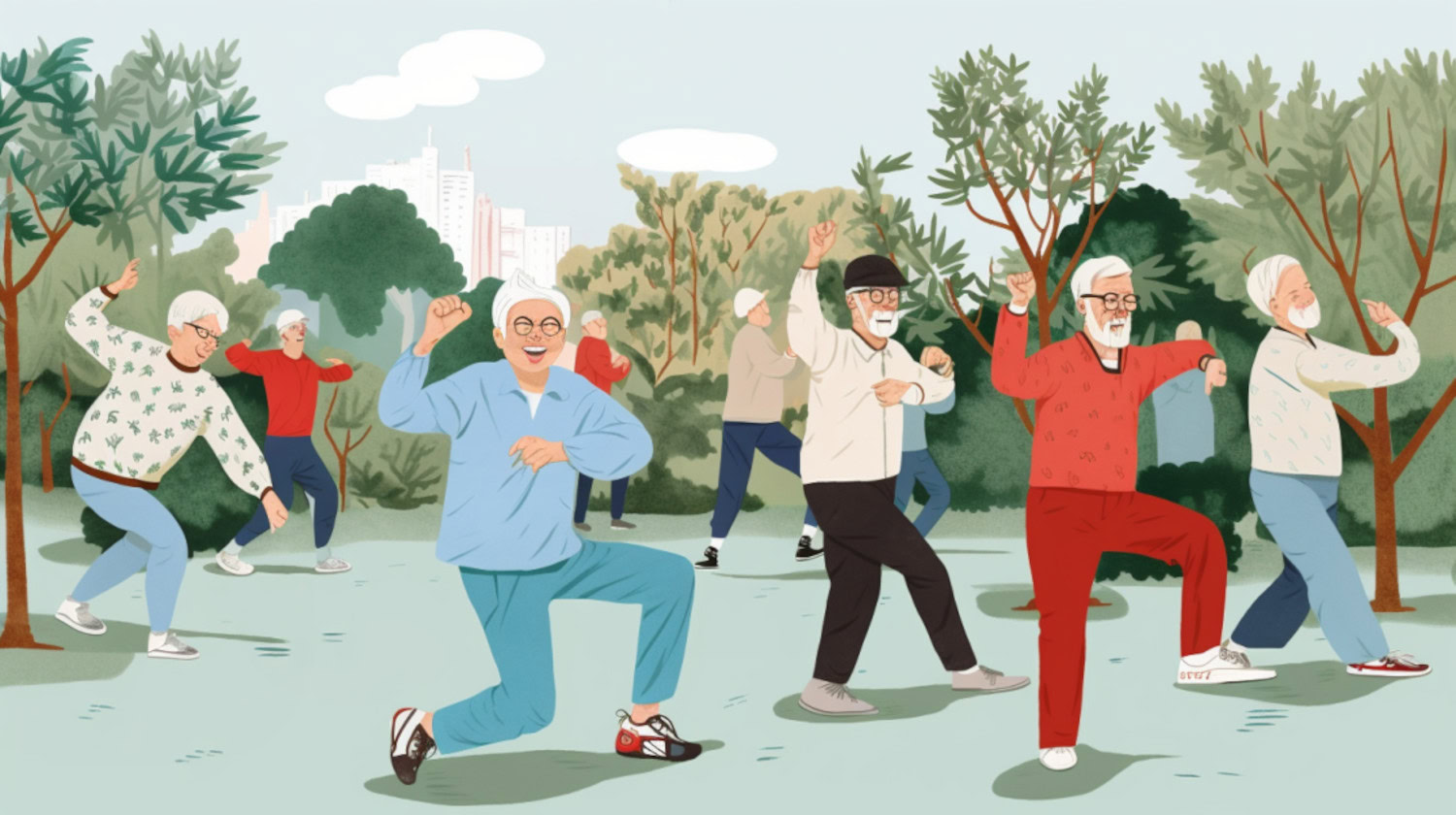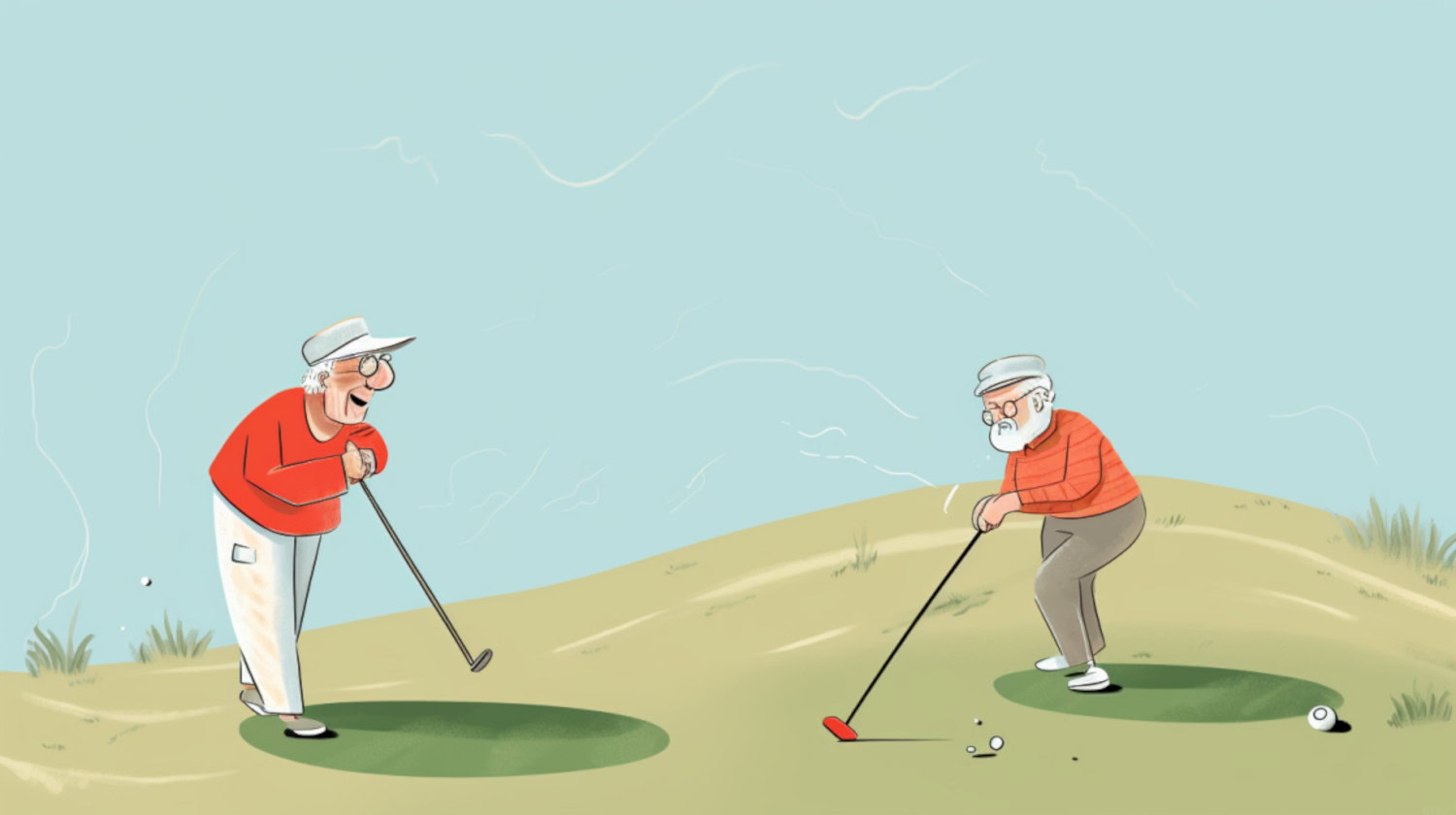In This Article
The use of medical cannabis products by adults aged 50 and older was associated with significant improvements in quality of life, according to the results of a recent study. The research, which was published this month in the peer-reviewed journal Cannabis, also found that medical cannabis use by qualified older patients was linked to a reduction in the use of prescription drugs.
To conduct the study, a group of Canadian researchers assessed patterns of medical cannabis use and its effect on health outcomes among a group of more than 200 older patients. The median age of participants in the study was 67 years old. Participants in the study primarily used medical cannabis to treat chronic pain and related conditions.
Health data of the research participants was collected at the onset of the study and again after three months and after six months. Most participants in the study used CBD-rich oral cannabis formulations to threat their conditions.
“Most patients experienced clinically significant improvements in pain, sleep, and quality of life and reductions in co-medication,” including pain medications, antidepressants, and sleep aids, the researchers reported. The authors of the study also noted that no serious adverse events were reported by participants in the research.
“To the best of our knowledge, the present report describes one of the largest longitudinal studies of authorized older medical cannabis patients to date,” the study’s authors concluded, according to a report from cannabis reform advocacy the National Organization for the Reform of Marijuana Laws (NORML). “The results of this multi-site, prospective, longitudinal study of medical cannabis patients ages 50 years and older indicate that cannabis may be a relatively safe and effective treatment for chronic pain, sleep disturbances, and other conditions associated with aging, leading to subsequent reductions in prescription drug use and healthcare costs, as well as significant improvements in quality of life.”
Findings Consistent with Previous Research
Paul Armentano, NORML deputy director, noted in a statement from the group that the new study’s findings are consistent with previous research that has shown that cannabis can improve the quality of life of older adults.
“There is a growing body of evidence showing that cannabis can provide health-related quality of life improvements in older adults,” said Armentano. “Many older adults struggle with pain, anxiety, restless sleep, and other conditions for which cannabis products often mitigate. Many older adults are also well aware of the litany of serious adverse side-effects associated with available prescription drugs, like opioids or sleep aids, and they recognize the role medical cannabis can play as a potentially safer alternative.”
A separate study published last year found that the use of cannabis-based medicinal products (CBMPs) by older adults was associated with improvements in health, well-being, sleep, and mood. The authors of the study, which was published in the journal Drugs and Aging, also reported “sizable reductions in pain severity and pain interference among older aged patients [reporting] chronic pain as their primary condition.”
“Older aged individuals who continue on CBMPs report considerable improvement in health and well-being when prescribed CBMPs,” the analysis found, according to a report from Marijuana Moment. “While the extent of improvement in quality of life and mood was less for older individuals that for those aged under 65 years, it was still substantial and, together with improvements in general health and sleep, suggests that older aged individuals may derive multiple health benefits from CBMPs.”
The authors of the study, from the UK-based organization Drug Science and Imperial College London’s Centre for Neuropsychopharmacology, noted that were differences in cannabis use noted among the younger and older participants in the study. The researchers noted that the cannabis products generally prescribed for patients over age 64 were “more likely to receive CBD dominant oil and less likely to receive THC dominant flower by prescription.”
“Despite these differences, there was evidence of consistent improvement across multiple measures of well-being for these individuals after initiating use of medical cannabis,” the report continues. “Although it appeared that the extent of improvements in both mood and quality of life was lower in those aged 65 years or older compared with younger individuals, the improvements were considerable and contribute to our currently limited understanding of medical cannabis in older individuals.”
Learn more about how access to medical cannabis improves the mental health of seniors. And sign up for NuggMD's Weekly Sesh newsletter for the latest cannabis news, consumer tips, and recommendations.
The information in this article and any included images or charts are for educational purposes only. This information is neither a substitute for, nor does it replace, professional legal advice or medical advice, diagnosis, or treatment. If you have any concerns or questions about laws, regulations, or your health, you should always consult with an attorney, physician or other licensed professional.




